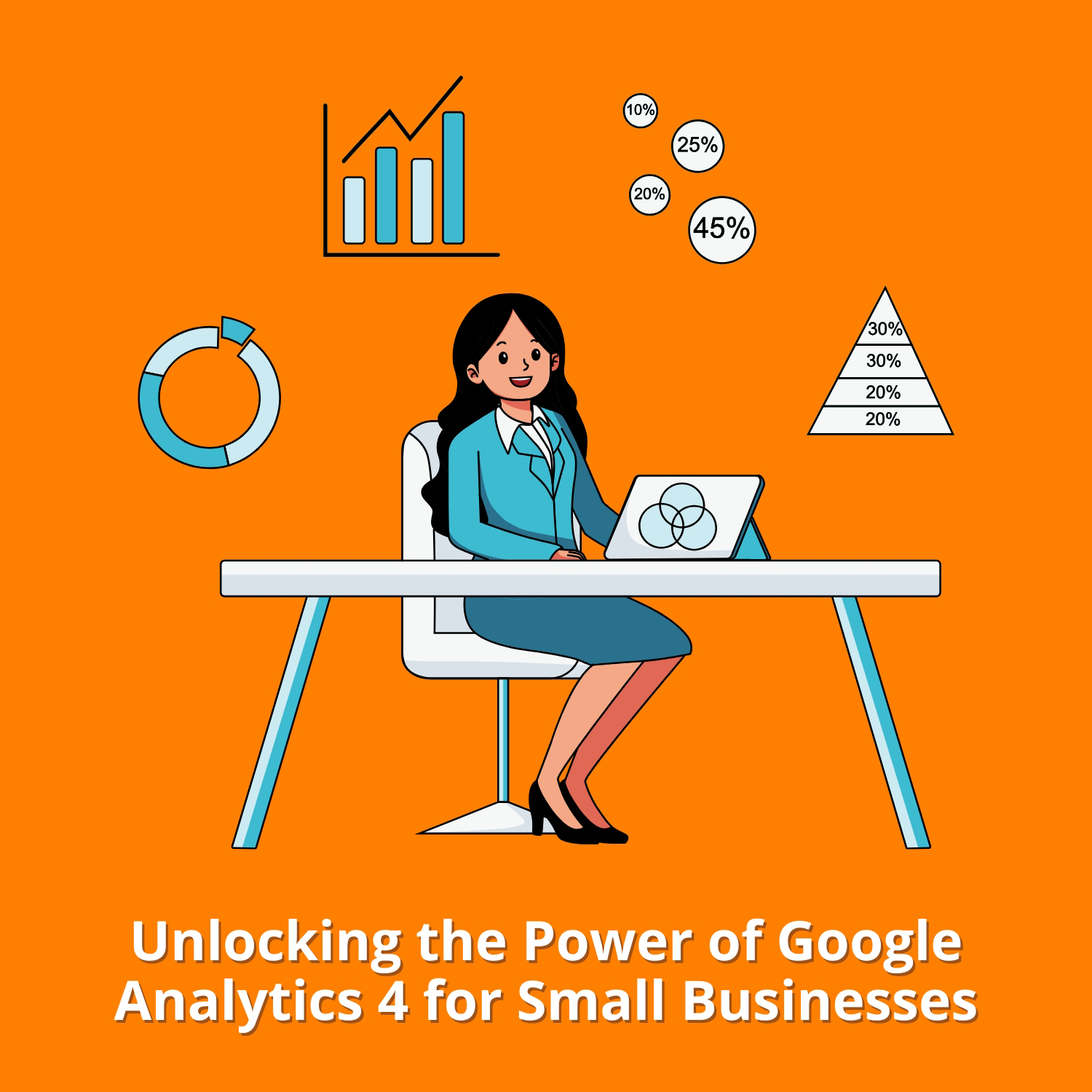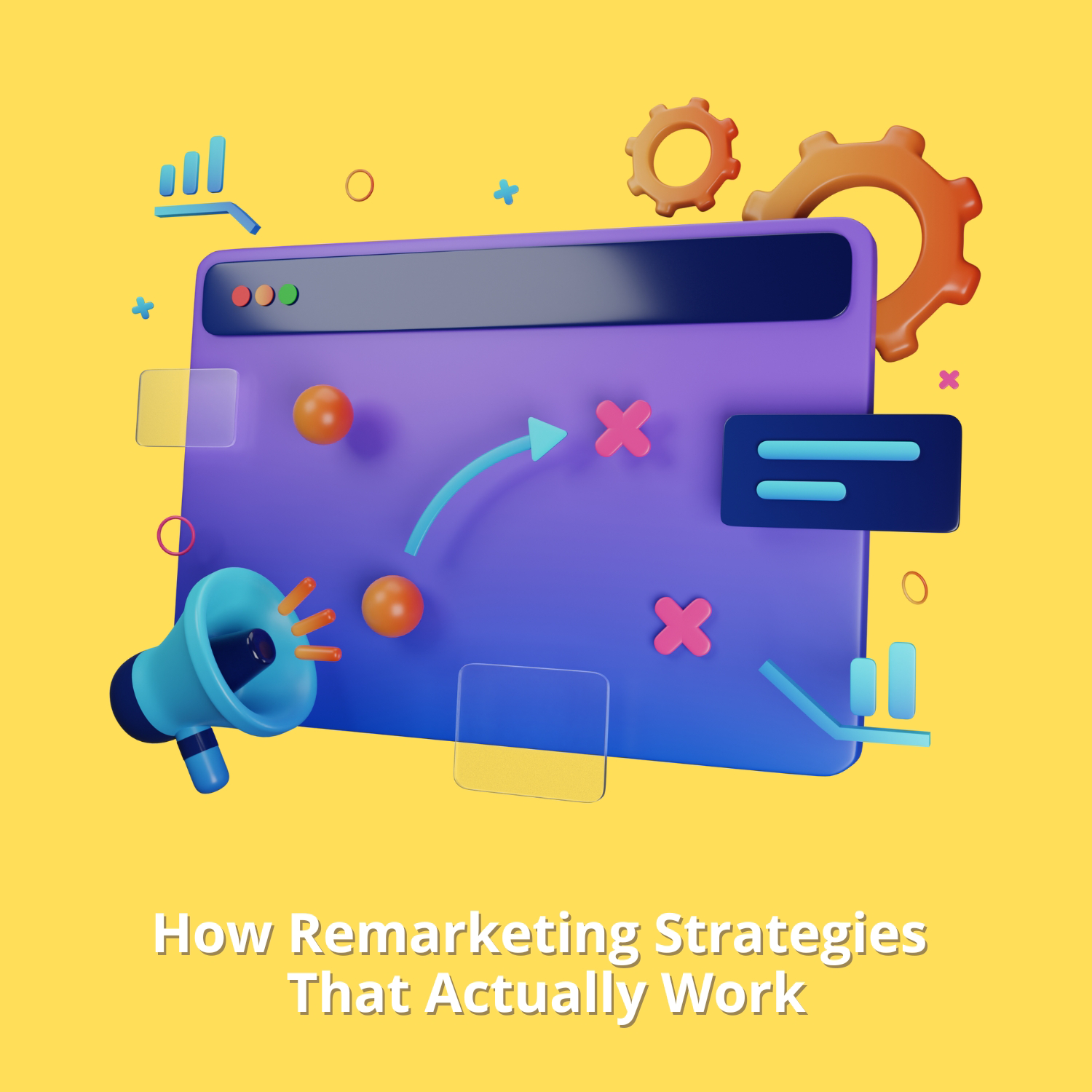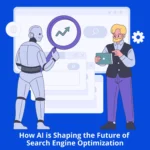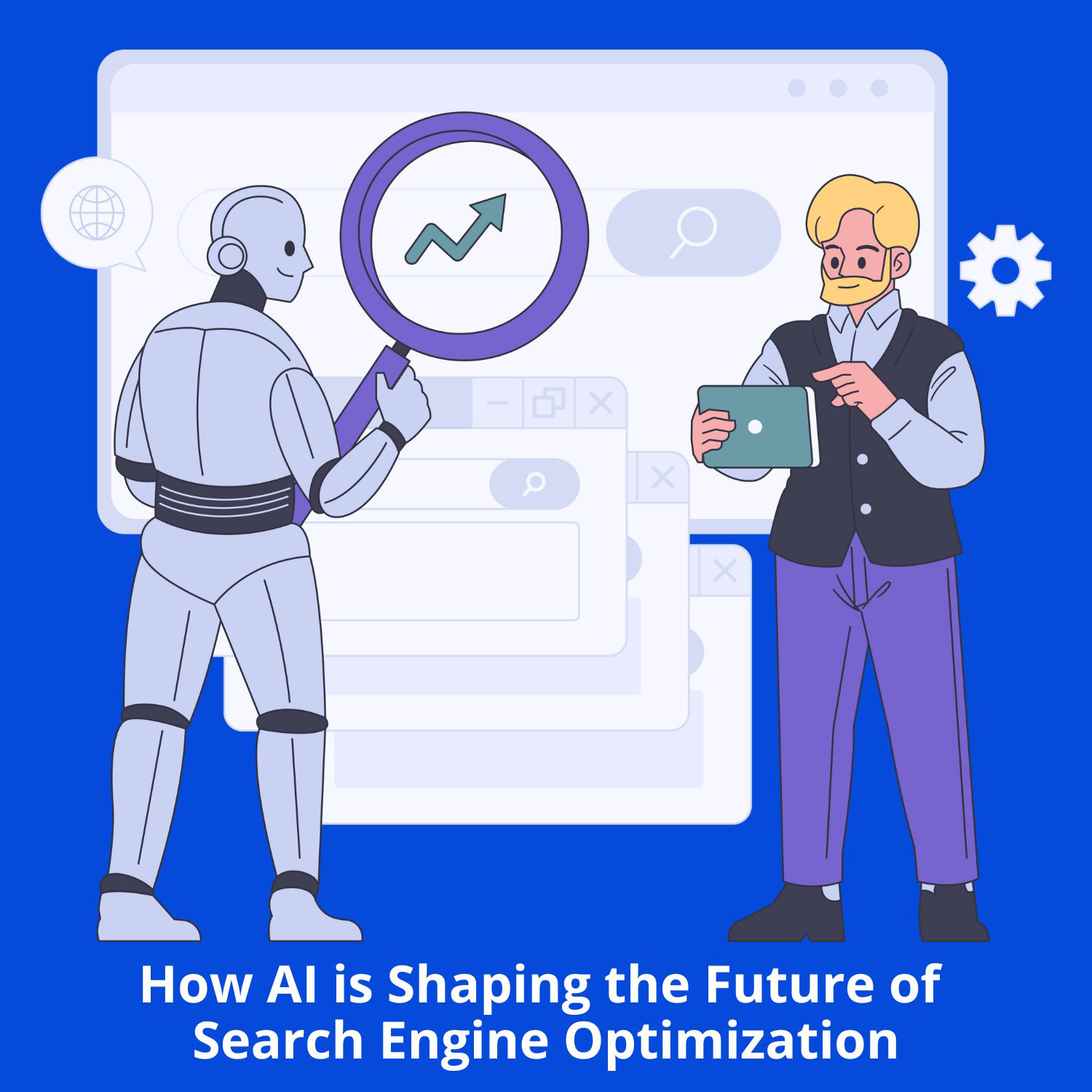The Future of Search: How Generative Engines Are Transforming the Way We Search in 2025
The way we search for information online has evolved dramatically over the past few decades. From the simple text-based queries of the early days of the internet to today’s advanced search algorithms, we’ve witnessed incredible leaps in how search engines interpret and deliver results. However, one of the most groundbreaking shifts we are currently experiencing—and will continue to see in the coming years—is the rise of Generative AI Engines. These AI-driven systems are transforming not just how we search, but also how we interact with information itself. As we look toward 2025, we must understand how generative engines will redefine search and explore ways to leverage these advancements to stay ahead.
What Are Generative Engines?
Generative engines, powered by advanced AI and deep learning models, are designed to go beyond merely retrieving and ranking existing information. Unlike traditional search engines that provide results based on keyword matching and ranking algorithms, generative engines synthesize new, tailored content in response to user queries. These engines can generate human-like text, images, videos, and even code, making them incredibly powerful tools for personalized content delivery.
Generative AI models like OpenAI’s GPT-4, Google’s PaLM, and other similar models have already made waves in fields like customer service, content creation, and even code writing. In the realm of search, these tools are on the verge of replacing or complementing traditional keyword-based search systems.
How Will Search Evolve in 2025 with Generative Engines?
As we approach 2025, generative engines will continue to reshape search in profound ways. Here are a few key areas where these changes will be most noticeable:
1. Conversational Search and AI Chatbots
By 2025, we’ll see a significant shift towards conversational search. Traditional search engines will evolve into AI-powered assistants that can engage in more dynamic, human-like conversations with users. These AI systems will be able to understand context, ask follow-up questions, and provide tailored responses in real time.
Rather than just showing a list of results, search engines will present information in a more interactive, dialogue-driven manner. Imagine asking a search engine for the best restaurants in your area, and instead of just a list of names and addresses, you’ll receive personalized recommendations with real-time details such as availability, menus, reviews, and even local promotions—all generated and customized for you.
2. Personalized Search Results
Generative engines will be able to understand user intent much more effectively than current algorithms, which rely heavily on keywords. This will lead to a more personalized search experience where search results are tailored to the individual, taking into account not just the search terms but also user preferences, browsing history, location, and even mood.
In 2025, businesses will need to optimize for these hyper-personalized experiences. Search engines will generate results based on individual behavior patterns, including contextual awareness. For example, if you regularly search for vegan recipes or specific health information, your results will increasingly reflect your preferences, making your searches more relevant.
3. Rich Media Integration
With generative engines, we can expect rich media integration in search results. Generative models can create visuals, videos, and interactive elements alongside traditional text-based results. If you’re searching for a complex concept, such as how a certain technology works or the best way to perform an exercise, generative AI could create step-by-step visuals, infographics, or even animations to clarify your query.
The rise of AI-generated content will also allow search engines to create entire web pages, articles, or guides tailored specifically to a user’s needs in response to a single query, essentially eliminating the need to sift through multiple sources of information.
4. Search Results as a Service
By 2025, we might see the emergence of Search as a Service (SaaS), where generative AI engines provide specialized, niche search capabilities for specific industries or professions. This could include real-time legal advice, medical queries, financial modeling, or even technical troubleshooting.
Imagine a scenario where, instead of searching through forums or databases for a coding solution, you simply ask the AI engine to generate code based on your problem. For example, “Write me a Python script to analyze my website traffic,” and the AI generates the code instantly.
5. Zero-Click Searches and Instant Answers
Generative engines will make zero-click searches the norm by 2025. Users won’t need to visit multiple websites to gather information. Instead, AI systems will provide immediate, accurate answers directly on the search results page. Whether you’re looking for a quick definition, the latest news, or product reviews, generative engines will synthesize the necessary content and present it directly within the search interface, reducing the need for users to navigate away from the search engine.
How Can We Leverage Generative Engines for Search in 2025?
Businesses, marketers, and content creators will need to adjust their strategies to leverage generative engines and the evolving search landscape effectively. Here’s how:
1. Optimizing for AI-Driven Content
In a world where AI generates content on-the-fly, businesses will need to optimize their content for AI consumption. This means creating content that is structured and rich in data. Implementing semantic SEO techniques will become increasingly important to help AI engines understand the context and relevance of content.
Developing content that answers specific, niche queries will be vital. For example, rather than simply creating general blog posts, businesses should focus on detailed, highly relevant pieces that AI systems can quickly pull from when generating answers.
2. Adapting to Voice and Conversational Search
As AI-powered search engines evolve into more conversational systems, voice search optimization will become crucial. Marketers will need to adjust their strategies to ensure that their websites and content are optimized for natural language queries.
Using tools like FAQ pages, long-tail keywords, and structured data will help ensure your content is visible when users engage in natural, conversational searches.
3. Integrating Rich Media for Engagement
With the rise of rich media in search results, businesses will need to incorporate videos, images, and interactive content into their websites and digital assets. These elements will be much more likely to show up in search results generated by AI engines.
For example, creating tutorials, demos, and visual content that AI can use to build richer search results will give your content a competitive edge.
4. AI and Automation in Content Creation
Generative engines will not just change search but also how content is created. AI-driven tools can help businesses generate blog posts, product descriptions, and even email campaigns. By 2025, automated content creation will be a standard part of the marketing workflow. By leveraging these tools, businesses can produce high-quality, personalized content at scale.
5. Embracing AI-Generated Search Results
As AI begins to generate more content directly in search results, businesses will need to rethink how they approach SEO. It will no longer just be about ranking a webpage—it will be about providing content that AI can utilize to generate helpful, relevant results for users.
By focusing on building comprehensive, authoritative content that AI engines can tap into, businesses will remain competitive in an increasingly automated search environment.
Conclusion: The Future of Search is Generative
Generative AI engines are poised to dramatically reshape how we search and interact with information by 2025. From personalized, conversational search experiences to AI-generated content, the search landscape will become more intuitive, dynamic, and user-focused. Businesses and marketers who understand how to leverage these new technologies will be able to stay ahead of the curve and deliver exceptional user experiences in the rapidly changing world of digital search.
In the coming years, embracing generative engines will not only be a necessity for staying relevant but also a powerful tool for driving better, more personalized engagement with your audience. Whether it’s optimizing for AI-generated content, embracing voice search, or utilizing automated content creation, the opportunities for businesses to enhance their search strategies are limitless.











